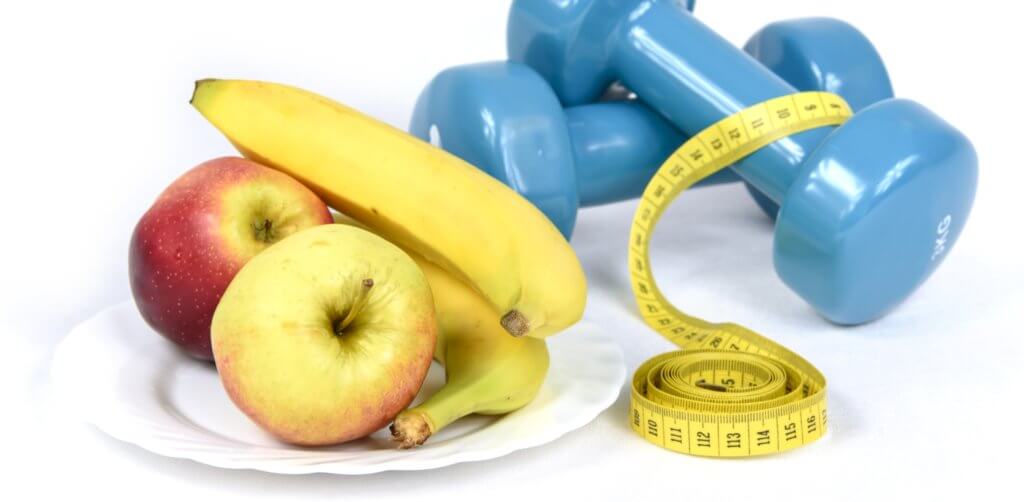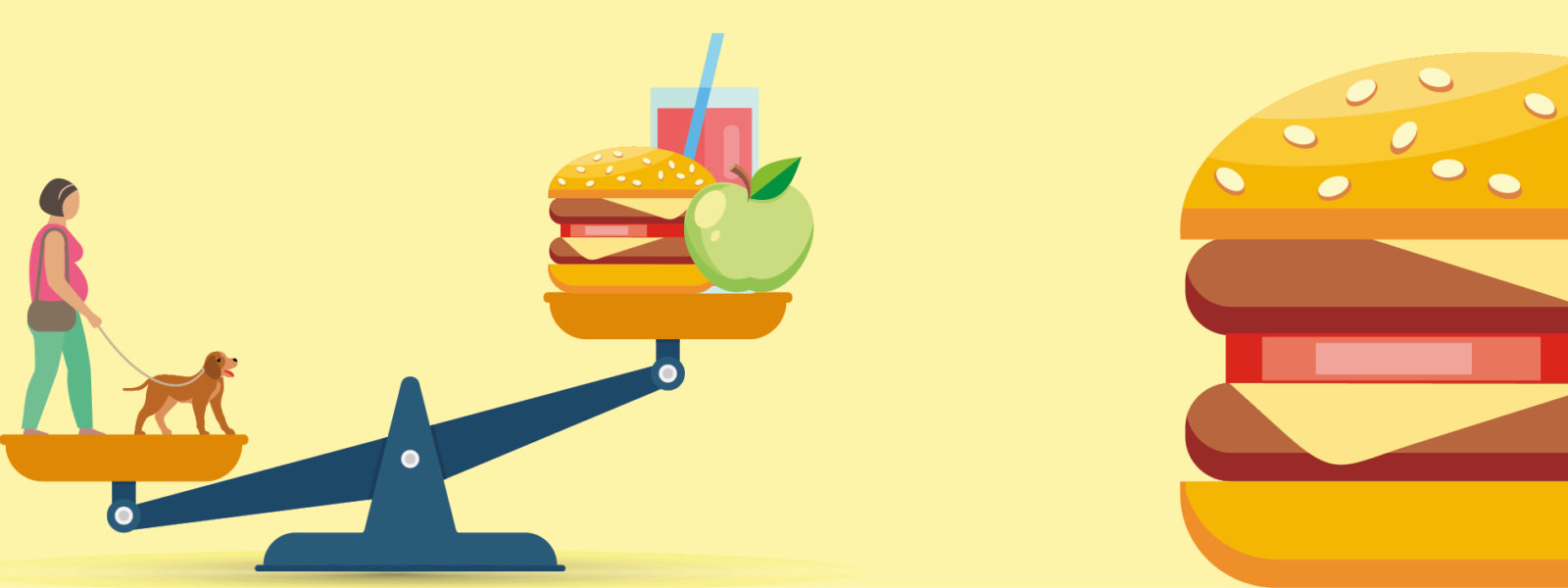Food focus: Understanding energy balance
By Shaun Clayton, a certified nutritionist and Operations and Finance Director at the PHA UK
Energy balance refers to the balance between the calories we consume through food and the calories we burn through physical exercise and activity, as well as our basic metabolic processes.
When we consume more calories than we burn, we are said to be in a positive energy balance, (this can also be called a surplus) – which can lead to weight gain. Conversely, when we burn more calories than we consume, we are said to be in a negative energy balance – which can lead to weight loss.
Many people believe that weight gain or loss is simply a matter of eating too much or too little. However, the body is much more complex than that. The number of calories we burn each day depends on many factors, including your age, gender, weight, height, and level of physical activity.
For example, your average office worker (like me) will burn fewer calories each day than a typical tradesman who is on their feet for hours each day. So, the tradesman will find it harder to gain weight, but easier to lose it, because their daily activity will most likely be higher.
Additionally, our bodies are constantly working to maintain everything that goes on inside them, which means that our basic metabolism is very specific to the individual. This is based on all those things above, age, gender, weight and height.
To achieve and maintain a healthy weight, it’s important to be mindful of both the calories we consume and the calories we burn. This means making smart food choices and engaging in some sort of activity (if you are able to).
One effective way to manage caloric energy balance is to track our daily calorie intake and physical activity using a food diary or smartphone app. This can help us identify areas where we may be consuming more calories than we need and make adjustments accordingly.
Physical activity does play an important part in managing caloric energy balance, but if you’re limited in this area, this can be mitigated by consuming fewer calories.
Engaging in regular exercise can increase the number of calories we burn each day and help us achieve a negative energy balance. This can include activities such as walking, cycling, swimming, or even some form of strength training. Importantly though, it’s about whatever you can manage and whatever you enjoy!
To wrap up, energy balance is a key factor in maintaining a healthy weight. By being mindful of both the calories we consume and the calories we burn, we can achieve a healthy balance and improve our overall health and wellbeing.

















